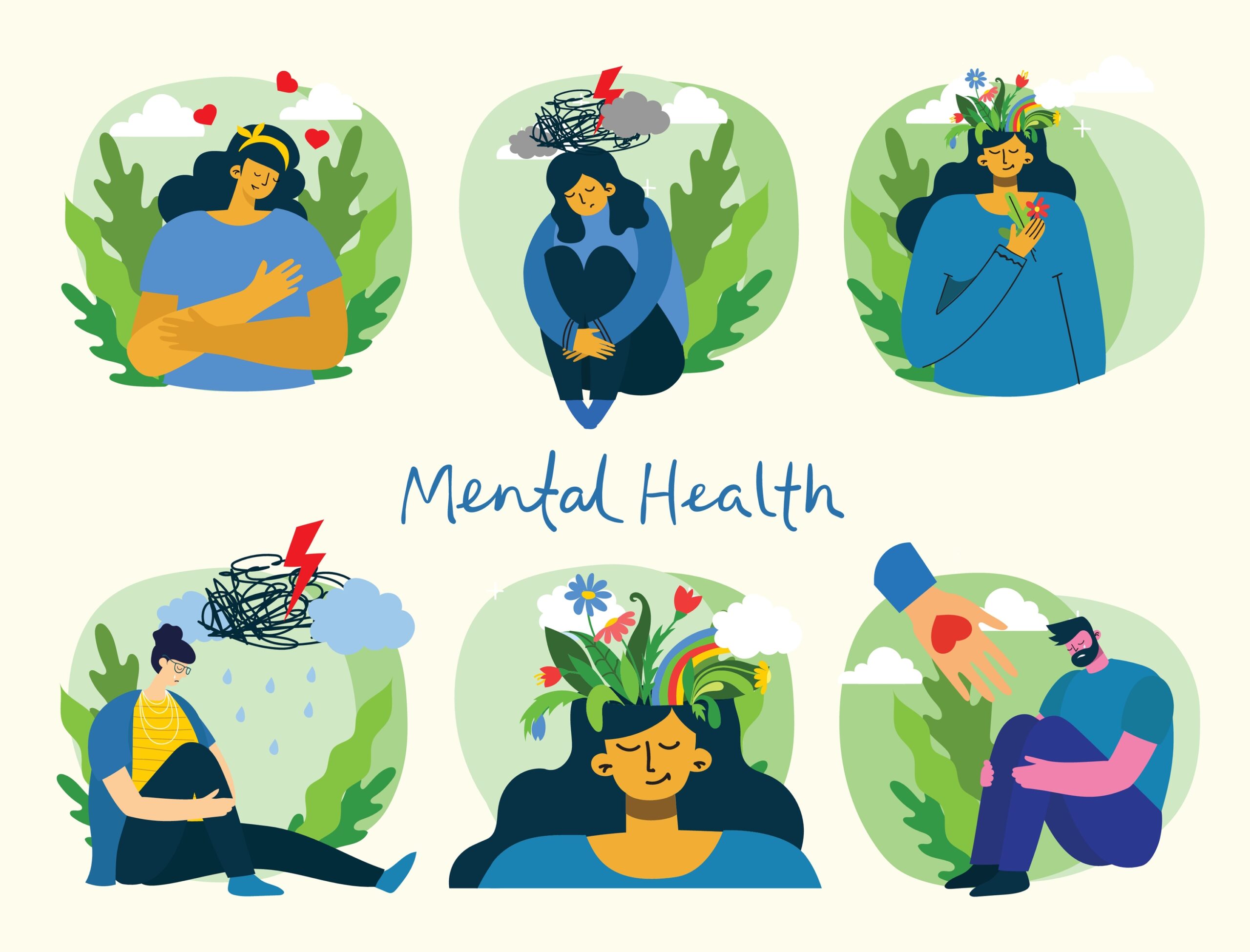8 Ways on how to discuss your mental health with others
Mental health is an important aspect of overall well-being, yet many people struggle to discuss their mental health with others.
It can be challenging to open up about our struggles, but it’s important to remember that seeking support can be a crucial step in improving our mental health.
Here are eight ways to help you discuss your mental health with others:
- Start with someone you trust: Discussing your mental health with someone you trust can help you feel more comfortable and supported. Consider reaching out to a close friend, family member, or therapist.
- Be honest: It’s important to be honest about how you’re feeling. This can help others understand what you’re going through and provide more effective support.
- Use “I” statements: Using “I” statements can help you take ownership of your feelings and avoid blaming others. For example, say “I’m feeling anxious” instead of “You’re making me anxious.”
- Be specific: Try to be specific about what you’re feeling and what you need. This can help others understand how to best support you. For example, say “I’m feeling overwhelmed and would appreciate some help with these tasks” instead of “I’m not doing well.”
- Avoid making assumptions: Don’t assume that others will automatically understand what you’re going through. Everyone’s experiences with mental health are different, so it’s important to communicate your needs clearly.
- Practice active listening: If someone is opening up to you about their mental health, practice active listening. This means giving your full attention, asking clarifying questions, and showing empathy.
- Seek professional help: If you’re struggling with your mental health, consider seeking professional help from a therapist or mental health provider. They can provide you with additional support and resources.
- Be patient: Remember that discussing mental health can be difficult and emotional. Be patient with yourself and others, and try to approach the conversation with empathy and understanding.
By using these strategies, you can start to have more open and honest conversations about your mental health. Remember that seeking support is a sign of strength, and there is no shame in asking for help.




















